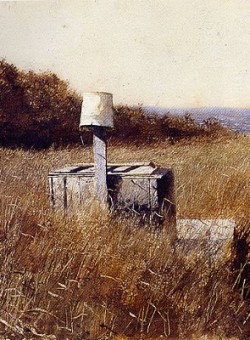After the war, Ferdinand Peroutka wrote: “The Second World War was labelled as the fight against fascism. What a glorious result it was when the kind of fascism that called itself this way was defeated. Much less glory is carried by the result of not eliminating the kind of fascism that does not go by this name.”
So what is the fascism that was not removed, but seems to have thrived after the war? Peroutka was, even back then, frightened by the Bolshevik Soviet terror in Europe and Czechoslovakia. The pre-war alliance of Communists and Nazis was remembered by everyone. Under fascism, Peroutka understands a political style that was shared by those two. This style involved brutal destruction of traditional state structures and the inciting of the masses to destroy the existing order into a permanent revolution.
“The worse, the better” was the slogan of the discontent citizens at the time who were stupefied by simple-minded demagogues. They were, under the promise of a brighter future, pushed to violence in the name of the new order or dumbfounded inaction. All they could expect in the end was being enslaved by two fascist regimes led by ragtag elites.
Russian servers report on the 1968 Soviet invasion as help in the fight against (Czech?) fascists. The February coup d’état is portrayed as fighting a counter-revolution and fascists. Hungary also received such help, just as Crimea did. Majdan was full of fascists as well, just as they are fighting in Eastern Ukraine. The Russian empire is heroically stepping in in all these places. No need to come up with new rhetoric. It is enough to rely on fools who do not understand the real meaning of the word “fascist.”It’s as if a thief was shouting: “Watch out, a thief!”
Fascism does not speak in terms of left or right, social or market, it is cunning and unsophisticated at the same time. It focuses on the worst that can be found within a human being and builds it up. It does not create anything, it does not reconcile anyone. It wakes hatred– national or class based– calls to arms, and spreads anxiety. It relishes breaking down old traditions and putting bullying in its place. It promises thousands of years of prosperity but makes today and tomorrow numb and poor.
The Soviet regime, called fascist by Peroutka, made large gains during the war and spread across Europe. Today’s leader of the Kremlin, Vladimir Putin, was a loyal servant to this evil empire, which is why he marked its fall as the biggest tragedy of the century. Putin continues what Peroutka saw a long time ago. Others are labelled as fascists, but he himself acts like one. He instills in the masses a desire for revenge, expansionism, and sacrifice for one’s leader and nation. He eliminates, slanders, or bribes the opposition, clergy, culture, media, and schools. Those who play this game with him and admire it can’t be but riveted by this kind of fascism. Admiration for the leader and his fascist style is therefore not the problem of Peroutka but rather one of president Zeman who dealt with it in a textbook manner. He accused Peroutka of admiring Hitler and gave way to his own weakness that clearly lies heavy on him.
published: 2. 10. 2016







